Government based ambulances are a service not a business
The recently released state Comptroller’s audit concerning the Norwich Fire Department’s (NFD) ambulance service had one objective; “Determine whether city officials effectively managed emergency medical services (EMS) billing.” This report shines a spotlight on the small department’s services to a large portion of Chenango County.
Having been a chief administrator of this very department, I have been asked countless times for my perspective on the issue of fire-based EMS. Given the recent Comptroller’s report, this was a natural time to write this column. First and foremost, nowhere in the report was the quality of emergency healthcare provided by the professional men and women of the NFD ever in question.
The comptroller’s audit covered 22 months beginning on January 1, 2017, and ending on October 31, 2018. The audit was performed by accountants, with their main concern being the bottom line as it relates to EMS billing and collections. Accountants look at numbers, bookkeeping practices, and dollar and cents, not service.
Any fire department based EMS is not a for-profit business, it is a government service. A fire-based ambulance service is ultimately under the oversight of locally elected officials, whether it’s a fire district commission, a village board or a city council. The comptroller’s report doesn’t show the bigger picture, which is the government’s number one priority being public safety.
Here are some reasons local government based EMS will likely never “turn a profit.” The demographics and geography of our service area are not conducive to making money. The Chenango County demographic statistics show we are getting older, financially struggling, and sometimes an uninsured populace. The agencies which provide payment for the preponderance of EMS calls are Medicare and Medicaid, and they only reimburse a set amount. We can take it or leave it.
As for the geographic problem, the distance between where the ambulance is based, where the patient is located and the hospital to which they are taken is always significant in our rural area. For instance, a Norwich ambulance responding to a mutual aid call in the Otselic Valley, with transportation to a hospital, will easily absorb more than three hours. In this same amount of time, a private for-profit ambulance in Syracuse can make three or more hospital transports.
An overlooked factor of the government run EMS is scruples. This moral decency comes from the elected officials who answer to the population not the shareholders of a private company. The qualities of scruples, morality or constancy are not a requirement in private business. I saw this first hand a decade ago when a private ambulance company told me they were pulling out of Chenango County EMS “by the end of the month” because they weren’t making enough profit.
This abrupt business decision left the NFD attempting to cover half of the county’s EMS calls and left our neighboring townships scrambling to find permanent EMS coverage. A couple of villages bit the bullet and began taxpayer-funded, revenue recovery ambulances for their constituents. It is only a matter of time (and funding) for those who haven’t done this to follow that same path.
Another portion of the audit suggested NFD should send out bills for NOT providing medical service. EMS providers get sent on many frantic calls when family members expect them to save a loved one’s life. Sadly upon arrival, the loved one has obviously passed and the EMTs can take no action except to offer condolences. For those calls, the comptroller says “send the family a bill.” I was once sent on a call when a tired bicyclist laid down his bike and sat beside the road for a rest. A passerby imagining the worst called 9-1-1 reporting a hit-and-run bicycle accident needing an ambulance. For those calls, the comptroller says “send the cyclist a bill.”
The cliché “I’ve fallen and can’t get up” happens more often than most people realize. This is usually a non-medical call which could happen to any of us at a certain age. The NFD is already on duty, supported by taxpayer dollars, and responding will only take minutes once they learn no medical services will be rendered. Why should a huge invoice get sent for helping someone off the floor? Because the comptroller coldly says “send them a bill.” The right thing to do is help an elderly person who has paid their share of taxes their whole life.
Here’s a real problem not mentioned in the report which occurs frequently. A rescue squad is toned out for a call but no volunteers respond. The NFD ambulance is eventually sent to this patient outside the NFD district. Upon arriving, it is not uncommon for the Norwich crew to receive an angry greeting of “what took you so long?” Responding out of the NFD district adds to the cost to run the EMS department while exasperating the uncollected revenue portion highlighted in the comptroller’s report.
When I was the NFD chief, I considered sending a bill not only to those out-of-district patients but also to the government body in the area where their ambulance couldn’t respond. Being a good neighbor is a two-way street and it seems at times the NFD ambulances are being taken for granted, or some say abused.
Only a small portion of the comptroller's report cited the NFD for not properly “recording and reporting” which is another way of saying clerical errors. That’s something that can, and I’m sure will be addressed by giving more attention to detail and supervisory procedures. The comptroller’s conclusions and recommendations were sent to the city council at the end of their report. I want to point out the word –should– not shall is used in the comptroller’s final report. This is a good time to remember the NFD is a service, not a business. The NFD and city council should do the best they can at recouping revenue, while always remembering they are saving lives. That sounds quite effective to me.
Read the report for yourself at https://www.osc.state.ny.us/localgov/audits/cities/2019/norwich-2019-112.pdf
In full disclosure, the author is a volunteer member of the Norwich Fire Department but has no responsibilities, duties or authority over the EMS portion of the department.

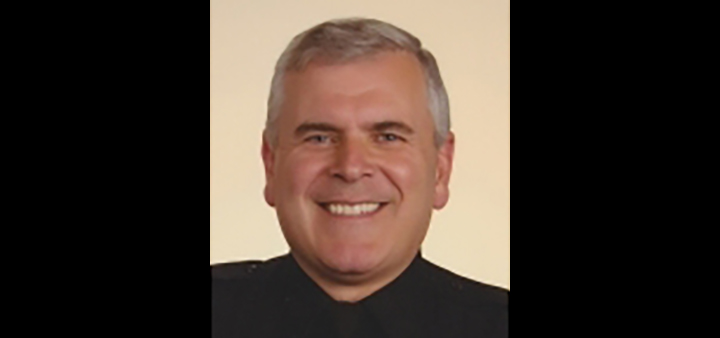
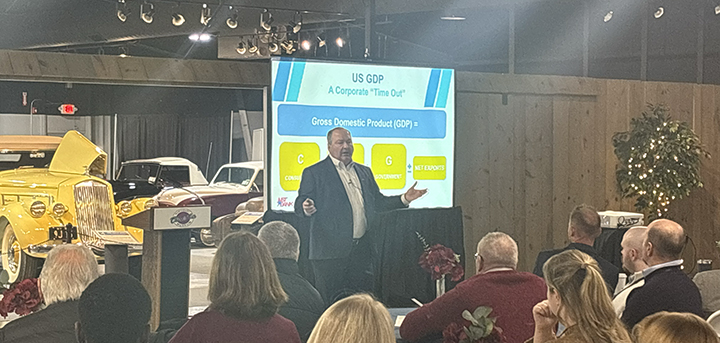
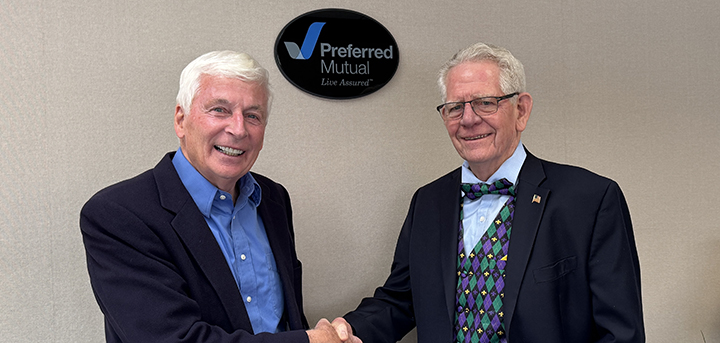
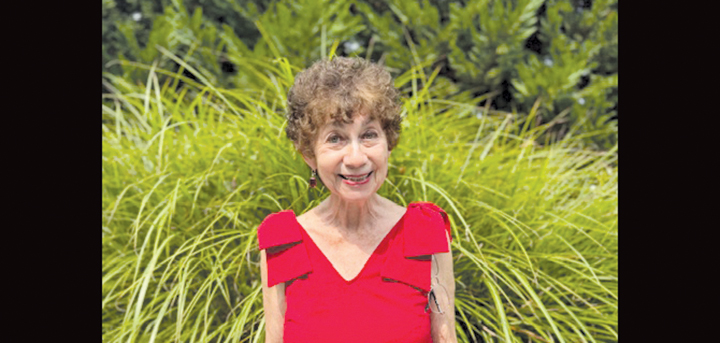

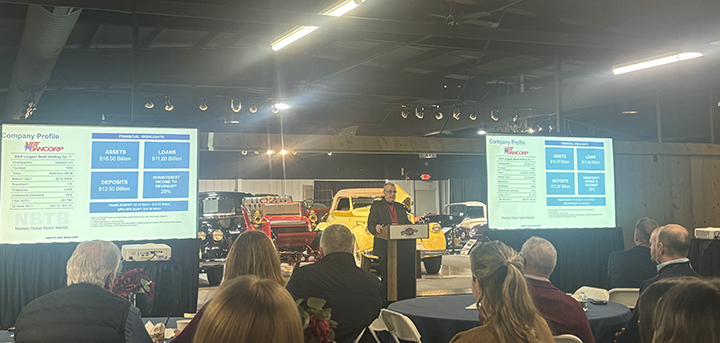
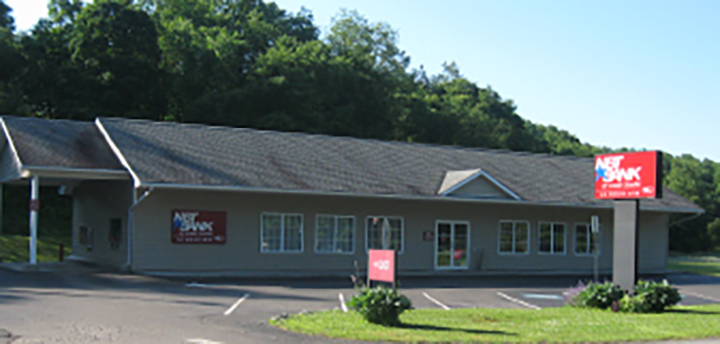
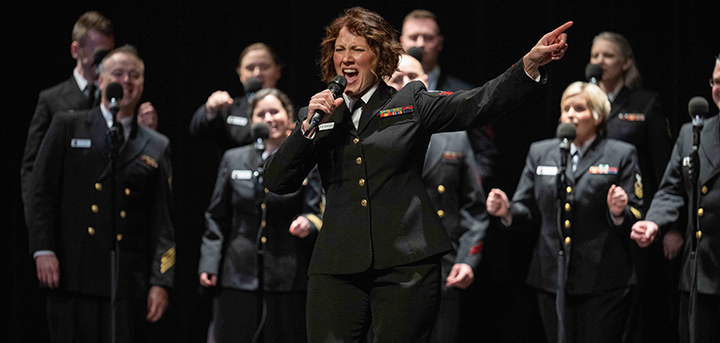



Comments